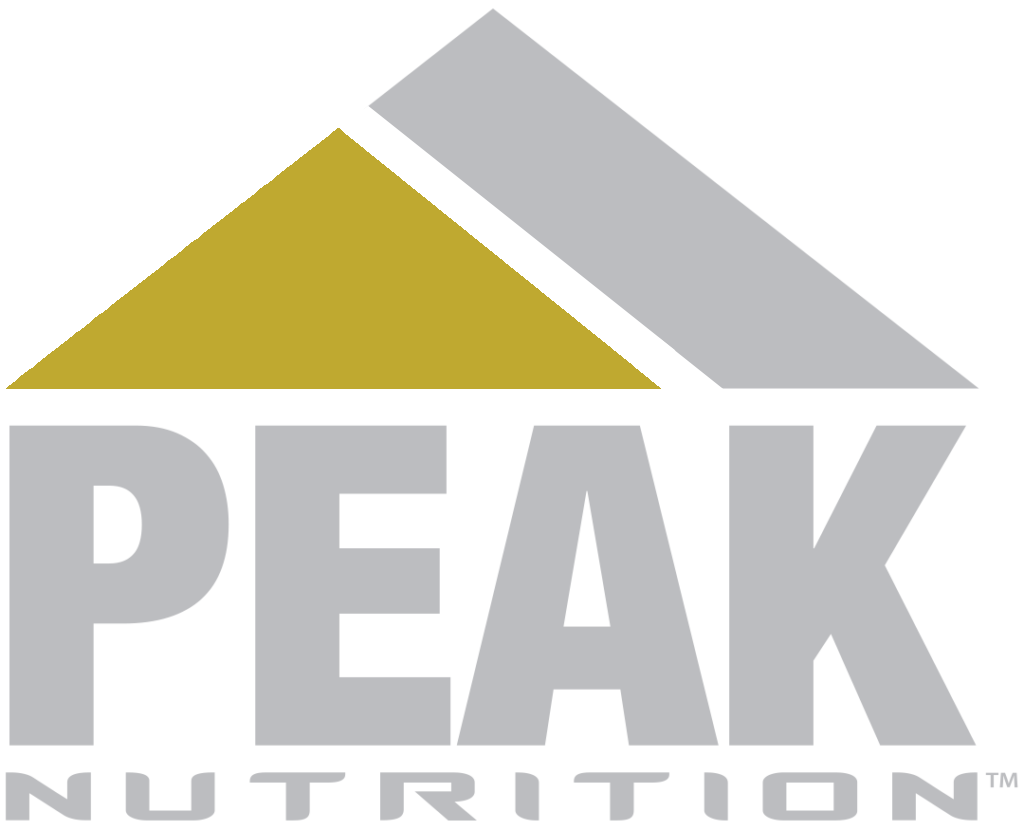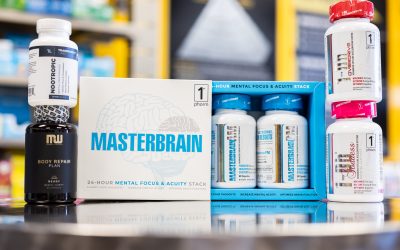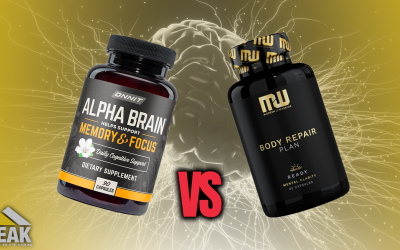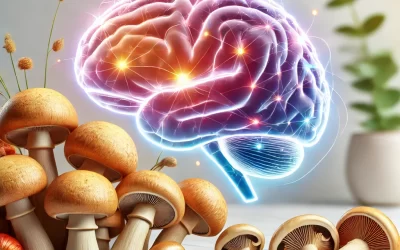Taking care of your body after a workout is just as important as the exercise itself. The right nutrition can help you recover faster and perform better in the long run. Let’s break down the key elements of post-workout nutrition supported by the latest science.
1) Glucose: Fuel Your Body
Think of glucose as the fuel in your body’s gas tank. When you work out, this fuel gets depleted. Replenishing it is crucial. This is where glycogen, or stored glucose, comes into play. After exercising, it’s essential to refuel your body with carbohydrates to restore glycogen levels. This sets the stage for your body’s recovery process.

2) Vitamins: Micronutrients Matter
Water-soluble vitamins like B and C play a vital role in transporting nutrients. These micronutrients are fundamental for your body’s proper functioning. Instead of solely focusing on stimulants and pre-workout supplements, paying attention to basic nutrients like vitamins can significantly benefit your overall health and recovery.

3) Electrolytes: Replenish for Performance
Electrolytes, such as sodium, potassium, magnesium, and calcium, are crucial before and after workouts. They contribute to increased muscular performance. Ensuring your body has an adequate supply of electrolytes helps you perform at your best, akin to how professional athletes maintain their performance levels.

4) Isolate Protein: The Building Blocks
Post-workout, your body requires immediate access to amino acids—the building blocks of protein. Isolate protein is specifically designed to be rapidly broken down, providing your muscles with the necessary nutrients. Unlike other protein sources like chicken or steak, which take hours to digest, isolate protein delivers amino acids quickly for efficient recovery. Look for isolates processed at low temperatures to preserve protein integrity.

5) Glucose Disposal Agent (GDA): Maximizing Utilization
While not mandatory, a glucose disposal agent can optimize the utilization of simple carbohydrates. It helps shuttle carbs to your muscles, ensuring they’re stored for future workouts rather than being stored as fat. This additional step can aid in maximizing the benefits of your post-workout nutrition routine.
Taking these factors into account can significantly enhance your post-workout recovery and performance. Remember, finding the right balance and combination that suits your body’s needs is key to maximizing the benefits of your exercise regimen.

If you found this blog helpful, make sure to follow us on Instagram @peakAZ for more tips and tricks, and come visit us at one of our store locations!





0 Comments